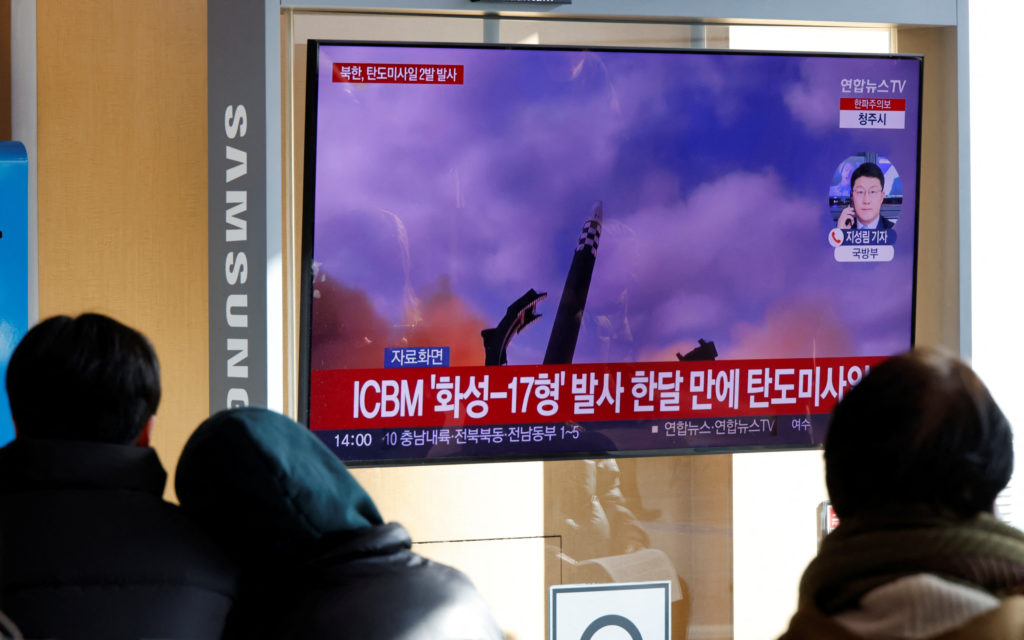North Korea Using Social Engineering to Enable Hacking of Think Tanks, Academia, and Media
The Federal Bureau of Investigation (FBI), the U.S. Department of State, and the National Security Agency (NSA), together with the Republic of Korea’s National Intelligence Service (NIS), National Police Agency (NPA), and Ministry of Foreign Affairs (MOFA), are jointly issuing this advisory to highlight the use of social engineering by Democratic People’s Republic of Korea (DPRK a.k.a. North Korea) state-sponsored cyber actors to enable computer network exploitation (CNE) globally against individuals employed by research centers and think tanks, academic institutions, and news media organizations. These North Korean cyber actors are known to conduct spearphishing campaigns posing as real journalists, academics, or other individuals with credible links to North Korean policy circles. The DPRK employs social engineering to collect intelligence on geopolitical events, foreign policy strategies, and diplomatic efforts affecting its interests by gaining illicit access to the private documents, research, and communications of their targets.
North Korea’s cyber program provides the regime with broad intelligence collection and espionage capabilities. The Governments of the United States and the Republic of Korea (ROK a.k.a. South Korea) have observed sustained information-gathering efforts originating from these North Korean cyber actors. North Korea’s primary military intelligence organization, the Reconnaissance General Bureau (RGB), which has been sanctioned by the United Nations Security Council, is primarily responsible for this network of actors and activities.
We assess the primary goals of the DPRK regime’s cyber program include maintaining consistent access to current intelligence about the United States, South Korea, and other countries of interest to impede any political, military, or economic threat to the regime’s security and stability.
Currently, the U.S. and ROK Governments, and private sector cyber security companies, track a specific set of DPRK cyber actors conducting these large-scale social engineering campaigns as Kimsuky, Thallium, APT43, Velvet Chollima, and Black Banshee. Kimsuky is administratively subordinate to an element within North Korea’s…





